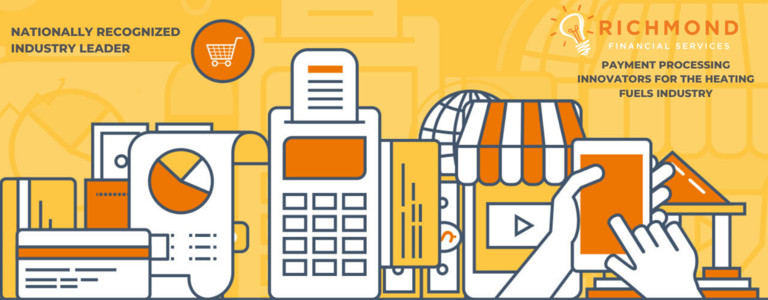 Visa’s fleet cards received an enhancement. They’re adding “tokenization and custom provisioning for mobile transactions.”
Visa’s fleet cards received an enhancement. They’re adding “tokenization and custom provisioning for mobile transactions.”
Fleet cards are an asset to many businesses that use a fleet of vehicles to do their work. They offer several benefits, such as more control over cards and discounts or rebates for fuel. Fleet cards also lower manual paperwork requirements, saving companies time and money. There are various providers of fleet cards such as Shell, ExxonMobile, WEX, and, of course, Visa.
Many fleet cards have some custom provisioning options. These typically refer to things like real-time reporting, automating certain tasks such as accounting, and setting certain controls over the cards, such as budget constraints. Overall, custom provisioning allows businesses to have more control over how fleet cards are used and more readily accessible data to oversee purchases. This can increase transparency and control costs.
Offering custom provisioning options along with tokenization has a number of benefits. If you’re not familiar with the term tokenization, let’s take a quick minute to discuss it. What tokenization does is it uses tokens to replace card numbers to increase security. This makes it more difficult for card numbers to fall into the wrong hands. Basically, if someone would get into the system, they would see the tokens instead of the numbers. Because of this enhanced fraud protection, it can help further save the company money from dealing with data breaches. Tokenization streamlines the checkout process since data can be saved safely for future purchases.
As to what exactly Visa’s tools will do, it was said “These enhancements will allow fleet data tags to be provided during the token provisioning process so that they and the token payment data can be passed to the point of sale, and will enable digital credentials to be pushed into mobile wallets, card-on-file merchants and Click to Pay to reduce the time to market…”
“The integration of virtual cards with digital wallets gives chief financial officers the ability to control corporate spending, especially unplanned spending. A virtual corporate card can be provisioned directly to a digital wallet on an employee’s mobile phone, managed by the company and enabling contactless digital payments.”
As businesses gain more access to digital tools, they can have more control over their accounting and finances, granting them more opportunities to grow. If you’d like to explore the world of payment processing further, I invite you to reach out to Richmond Financial Services. We are the payment processing innovators for the heating fuels industry. We help businesses benefit from next-generation technologies and use cutting-edge strategies to stay ahead of the game. Call 617.843.5700 or contact us via our website today. Richmond Financial Services is here to help you continue to move forward into the future of payment innovation.








